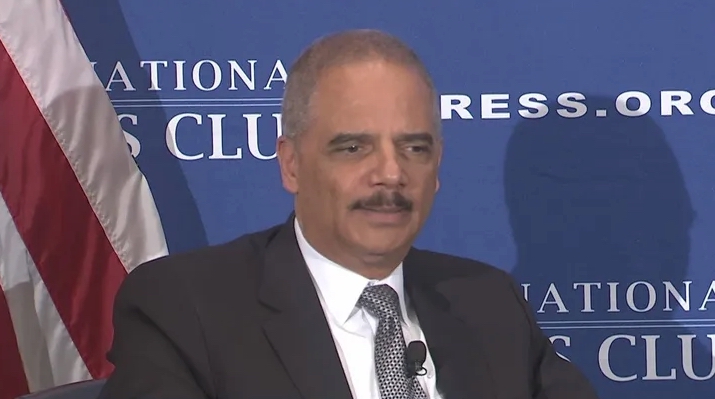Greensboro News & Record editorial writer Doug Clark takes a rare break from harping on what a hellhole North Carolina has become under Republican leadership (see today’s lead editorial on the General Assembly’s refusal to raise the minimum wage) to brag on German investment in our fair state:
Germany invests a lot in the U.S., including North Carolina.
People are familiar with the Mercedes, BMW and VW manufacturing plants in several Southern states. North Carolina doesn’t have one of those, but what we do have adds up to a lot.
“North Carolina is home to one of the largest contingents of German subsidiaries and related companies in the nation,” according to the German-American Chambers of Commerce.
“Germany has been a long-time investor in North Carolina, currently creating more than 30,000 jobs there. Of the 192,200 jobs in the state created by foreign-owned affiliates, 16 percent of them are with German-owned affiliates. German companies and subsidiaries own roughly $436 million in North Carolina real estate. There are roughly 236 German subsidiaries in the state, ranging in size from only a few personnel to mega-companies.”
One of our area’s largest manufacturers, Thomas Built Buses in High Point, is owned by Daimler Trucks North America, which also operates three other manufacturing plants in North Carolina. The parent company is Germany’s Daimler.
Meanwhile, the News & Observer’s Rob Christensen ponders North Carolina’s consistent high ranking as one of the best states to do business:
Executives looking to locate or expand business in North Carolina may be looking at taxes and financial incentives, but they are also looking for a trained work force and a nice place to live, and one with modern sensibilities.
Threats to North Carolina’s pro-business climate come from both the political left – high taxes, regulation and excessive environmental legislation – and from the political right: from social conservatives pushing intolerant views, from libertarians opposed to incentives that every state uses to attract industry, and from fiscal conservatives unwilling to finance education.
The high rankings as a pro-business state don’t tell the whole story. North Carolina has bled jobs in recent decades as traditional industries such as textiles and furniture have fled the country for cheap overseas labor.
It’s worth noting that N.C.’s population increased in 2016. Not a huge increase, but people are not exactly leaving the state in droves, either. Which again is indicative that our state is not nearly the horrible place under Republican leadership that its major newspapers make it out to be.


